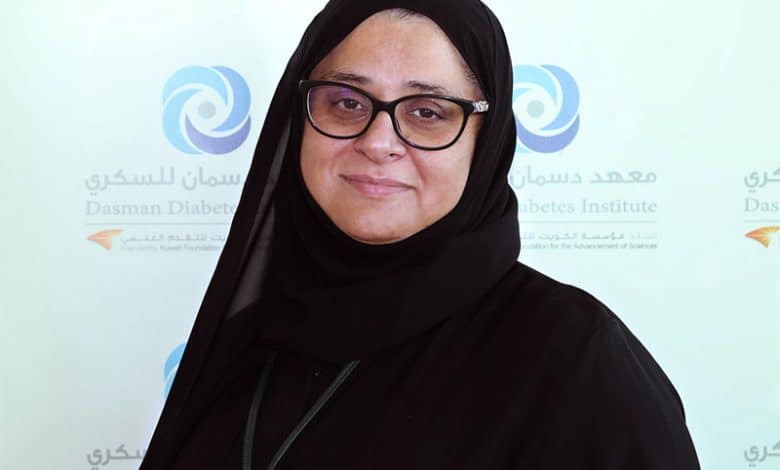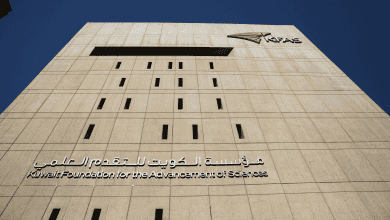Improved Testing for Inherited Diabetes Needed
More widespread knowledge of maturity-onset diabetes of the young (MODY) is required so that patients get the best treatment and management possible.

Greater awareness of rare, inherited forms of diabetes is needed
across the Middle East and North Africa (MENA) so patients
receive the best available treatment, according to researchers at
a KFAS-affiliated center.
Experts at the Dasman Diabetes Institute in Kuwait City say
people with maturity-onset diabetes of the young (MODY) are
often misdiagnosed because many doctors are unaware of how
it differs from more common forms of
the disease.
MODY is a rare and lesser-known form of diabetes
compared to the more common type 1 and type 2 diabetes. It is
an inherited disease and can often run in families, usually
appearing at a younger age.
In a letter published in The Lancet Diabetes &
Endocrinology, Professor Fahd Al-Mulla and colleagues called
for greater awareness of MODY and improved availability of
genetic testing for the condition in Kuwait.
Countries in the MENA region have some of the highest
rates of diabetes in the world. Around one in seven adults in
Kuwait has the condition, and diagnosis of type-1 diabetes in
children have doubled since the 1990s.
Unlike type 1 and type 2 diabetes, MODY is ‘monogenic’–
meaning it is caused by a mutation in a single gene. If a parent
has one of the causal gene mutations, their children have a 50%
chance of inheriting the condition.
Since the disease is so rare and its symptoms are similar to
those of type 1 and type 2 diabetes, doctors often misdiagnose it
as one of the two more common forms of diabetes. However, the
condition requires different treatment. Most patients, for
example, do not need insulin or require only small doses. It is
usually managed through lifestyle changes, weight loss and
oral drugs.
“It is important to increase awareness of monogenic
forms of the disease to allow patients to be referred for genetic
testing so they get the right management and treatment,” says
Dr. Hessa Al-Kandari, head of Public Health at the Dasman
Diabetes Institute.
Correct diagnosis also means associated complications
can be better managed. One form of MODY, called HNF1-beta,
is, for example, associated with kidney problems, uterine
abnormalities and gout.
Genetic testing also allows for improved management of
relatives who may be unaware that they have MODY as well.
Children born to parents who are members of the same
extended family may be at an increased risk of inherited forms
of diabetes.
The prevalence of MODY in Kuwait is still unknown. In a
study due to be published later this year, Al-Mulla, Al-Kandari
and colleagues identified several types of the condition among
60 patients whose symptoms suggested they may have it. They
hope to establish a specialist MODY clinic at the Dasman
Diabetes Institute to provide improved diagnosis, management
and treatment and address this gap in the control of diabetes
in Kuwait.




